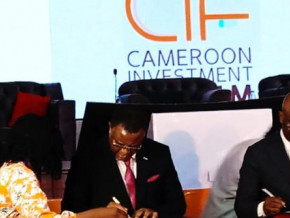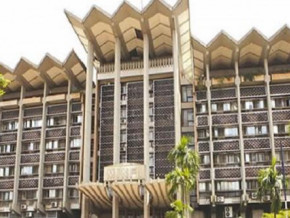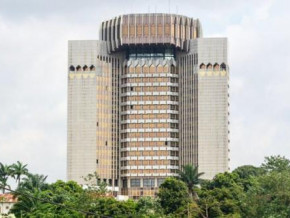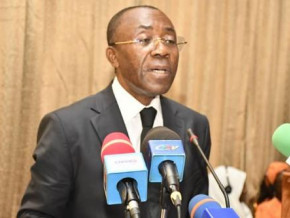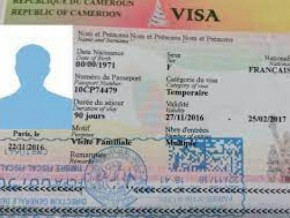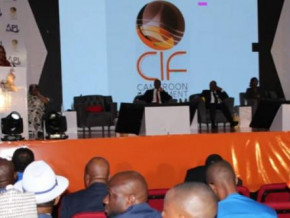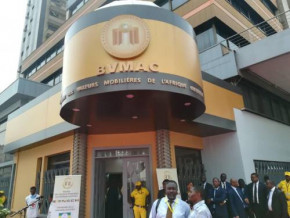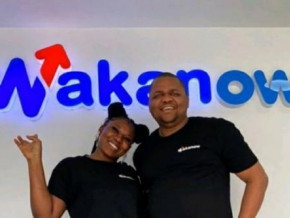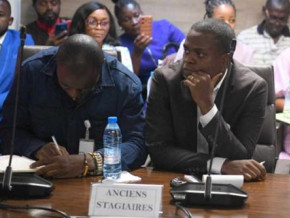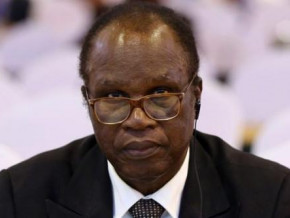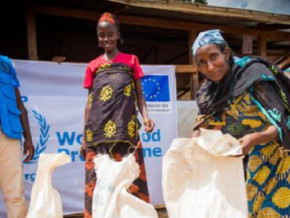
Nicolas Crettenand: Today, we have opened offices and have launched two projects”
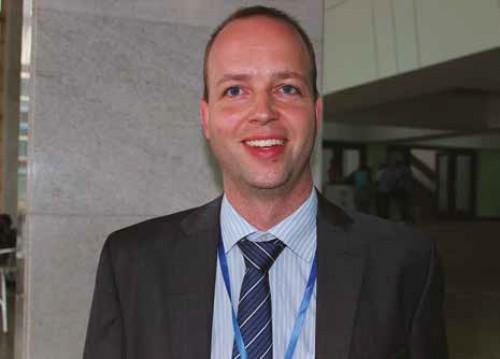
(Business in Cameroon) - Chargé de mission at Ecole polytechnique fédérale de Lausanne (EPFL) in Cameroon, he presents the activities conducted in collaboration with Ecole nationale supérieure polytechnique de Yaoundé, particularly the CURES shared laboratory.
What is the latest in terms of EPFL’s joint activities with Ecole Polytechnique de Yaoundé?
In December 2012, an agreement was signed between Université de Yaoundé I, representing Yaoundé Ecole nationale supérieure polytechnique, and the Lausanne Ecole polytechnique fédérale (EPFL) to set-up a new shared laboratory that will handle energy concerns in relation to the health sector and electricity access for hospitals. Named the Centre universitaire de recherche sur l’énergie pour la santé (CURES), the shared laboratory’s mission is to improve primary care health services with reliable, lasting electricity supply as well as adapted equipment. Today, we have offices and have launched projects with two doctoral students. We have also conducted two training sessions. The first was done two weeks ago and involved 26 participants from six African countries representing 11 universities.
What is required to participate in the research project?
We select final year engineering students. We then recruit students to do a Master’s degree followed by a PhD.
The students we recruit are in the process of writing their thesis at Ecole Polytechnique de Yaoundé. We also open training sessions to doctoral students from Cameroonian universities. For the future, we are also planning training for the private sector.
What idea led to energy for the health sector being chosen?
CURES is a part of Réseau d’excellence des sciences de l’Ingénieur de la Francophonie (RESCIF), a network initiated when Switzerland held the Presidency de la Francophonie en 2010. The network is active in three areas: water, energy and nutrition. And in each area, a shared laboratory is to be created. Therefore energy was chosen by the director of Polytechnique in Yaoundé and our EPFL president in Switzerland. Secondly, energy was such a broad area that we had to choose a specific sub-sector. This is why we decided that we could have the strongest impact in the near future in health. The solutions we develop for the health sector can be adopted by the private and public sectors.
What are the two doctoral students working on?
The first doctoral student worked on an electrical supply stabilisation system at a district hospital, mainly to remove the disturbance sources from the network to the hospital. We have a prototype that we are currently testing at the Polytech lab. The second doctoral student worked on energy audits. This was to start quantitative diagnostics on the problems as when there are outages or other electrical problems, medical equipment is destroyed, but there really isn’t a technical diagnostic of electrical power outages. We have to start with a diagnostic and develop appropriate solutions.
How is EPFL investing in the shared laboratory?
EPFL is involved via its EssentialTech team. I am here in Cameroon as a chargé de mission. There is also a colleague who is a project head in Lausanne. There is also initial financing for some projects. For specific projects, we can call on specific professors and researchers in Switzerland.
Some Cameroonians would like to have some idea about the information disseminated on-line by EPFL. How can they find out more?
EPFL is the first French-speaking university to have put extensive lectures on-line: Massive Open Online Courses. EPFL provides classes for its own students and these are then put in the Internet for everyone. The on-line classes replace on-campus lectures. On the other hand, with financing from Swiss cooperation, EPFL is developing classes on specific African themes. There are already Polytechnique lecturers who have gone to Switzerland to record lectures. For more information, please visit: http://moocs.epfl.ch/ .www.energie-cures.org or http://essentialtech.epfl.ch/
Mags frontpage
- Most read 7 days
- shared 1 month
- read 1 month



